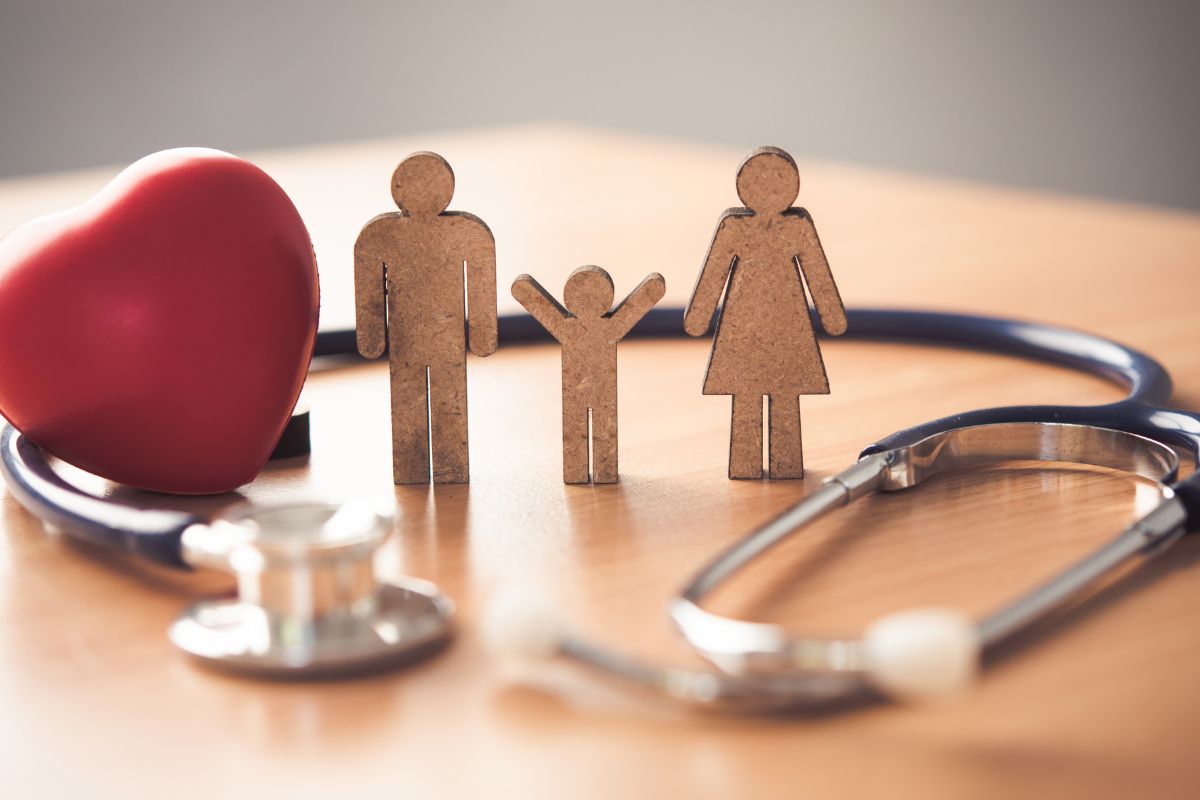Trauma in Teens: A Guide for Parents
Traumatic events can impact anyone. However, teens don’t always have the coping mechanisms needed to process trauma in a healthy way. They often develop other methods of dealing with stress in their daily lives that could result in substance abuse, self-harming behavior, and even suicidal ideation. Because of these dangers, it’s essential that adults identify and address trauma in teens right away. Learn about the most common types of childhood trauma and which signs could indicate that your teen needs help below.
What Is Trauma in Teens?
Defined as an event or experience that overwhelms the mind and body, trauma can happen in childhood, adolescence, or adulthood. These events can range from seeing a horrific accident to experiencing verbal abuse by an adult. Because teens are still developing emotional regulation and effective communication skills, a trauma for a teen could result in behavioral issues or mental health concerns.
One of the most common types of trauma experienced by teens is sexual abuse. Sexual abuse can come in many different forms, ranging from inappropriate glances and comments to inappropriate touching or rape. Other types of childhood trauma include:
- Emotional Neglect or Abuse
- Physical Neglect or Abuse
- Separation from a Parent, Loved One, or Caregiver
- Stress From Poverty
- Witnessing Domestic Violence
- Fighting With A Parent
- Sudden or Serious Medical Condition
- A Family Member With Substance Use or Mental Health Disorders
- Loss Of A Loved One
The Effects of Trauma on Teens
When teens experience trauma, they can begin to feel helpless because the trauma can invade and affect any aspect of a teen’s life. Trauma in teens is associated with higher rates of depression and anxiety, as well as lower academic achievement. Teens are also more likely than other age groups to engage in risky behaviors after traumatic experiences. They don’t always know that they can turn to adults for help, continuing to struggle alone and even lashing out when parents and other adults reach out.
Some of the signs that could indicate your teen needs professional help include:
- Truancy
- Outbursts
- Dropping Grades
- Using Substances
- Self-Harming
- Withdrawing from Friends & Family
When taken alone, none of these is a huge cause for concern. But if you’re seeing multiple, repeated issues, it might be time for a higher level of care.
Reach Out to Ascend for Teen Trauma Therapy in California
At Ascend, we have an intimate understanding of how trauma can affect your teens and how to address it. We even have an entire treatment facility dedicated to resolving childhood trauma, located in Sand Canyon. We design treatment programs specifically for trauma and PTSD to help teens process their trauma, build healthy coping skills, and learn how to communicate effectively.
If you’re seeing signs of trauma in your teen, it could be time to reach out for support. Get in touch with our admissions team when you fill out our online form here.



